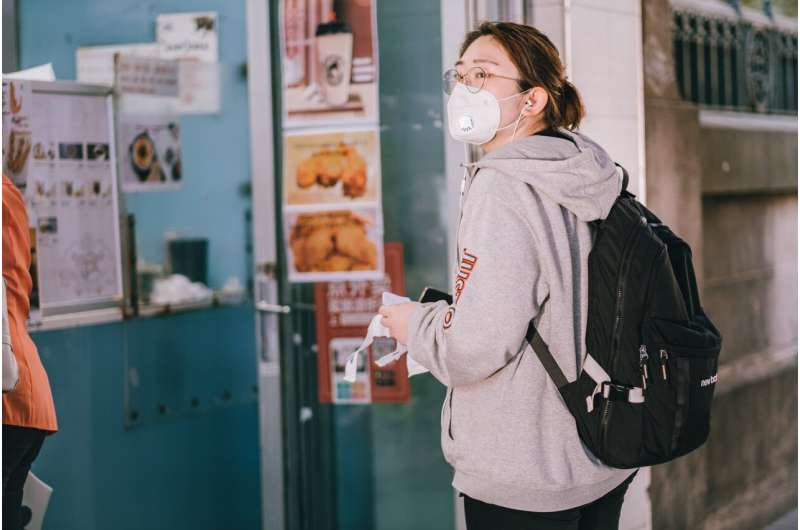AI-powered symptom checkers can help healthcare systems deal with the COVID-19 burden

AI-powered symptom checkers can potentially reduce the number of people going to in-person clinics during the pandemic, but first, researchers say, people need to know they exist.
COVID symptom checkers are digital self-assessment tools that use AI to help users identify their level of COVID-19 risk and assess whether they need to seek urgent care based on their reported symptoms. These tools also aim to provide reassurance to people who are experiencing symptoms that are not COVID-19 related.
Most platforms, like Babylon and Isabel, are public-facing tools, but the University of California, San Francisco (UCSF) has one of the first COVID-19 symptom checkers that is fully integrated with the users' medical records, allowing for immediate appointment scheduling.
A mixed-methods study at the University of Waterloo found that 18- to 34-year-old young adults, typically the first age group to adopt new technologies, were unaware of the existence of these platforms.
"Young adults are usually eager adopters of technology, so we were a little surprised by this finding," said lead researcher Stephanie Aboueid, a Ph.D. candidate in the School of Public Health and Health Systems. "Symptom checkers have the potential to reduce the burden on health-care systems and the risk of person-to-person infection, so we wanted to find out how to improve these platforms so more people use them."
Of the 22 university students interviewed in winter and spring of 2020, nine of them did not know the tools exist. The researchers also conducted a survey on general symptom checkers in winter 2021, and data suggested 88 per cent (1,365 out of 1,545) of participants did not use one in the past year.
Findings from the smaller qualitative study suggest that three-quarters of those who had used government-issued symptom checkers were satisfied with them. Those who used non-government symptom checkers found the experience suboptimal, citing a lack of trust and credibility.
"One of the findings was that users wanted more personalization and were less trusting of tools that gave the same results to everyone," Aboueid said. "The UCSF system was able to reduce the number of visits while taking into account underlying conditions along with the symptom checks and booking follow-up appointments when needed."
Besides more personalization, the researchers found that other improvements to existing symptom checkers include providing users more information about the creators of the platform, providing more explanation of the symptoms in lay language, more language options and the option to get tested at a nearby location.
The study, "Use of symptom checkers for COVID-19-related symptoms among university students: a qualitative study," co-authored by the Faculty of Health's Aboueid, Ashok Chaurasia, James Wallace, Shreya Mahajan, Samantha Meyer and Teeyaa Nur, was recently published in the journal BMJ Innovations.
More information: Use of symptom checkers for COVID-19-related symptoms among university students: a qualitative study, BMJ Innovations, 2021.





















